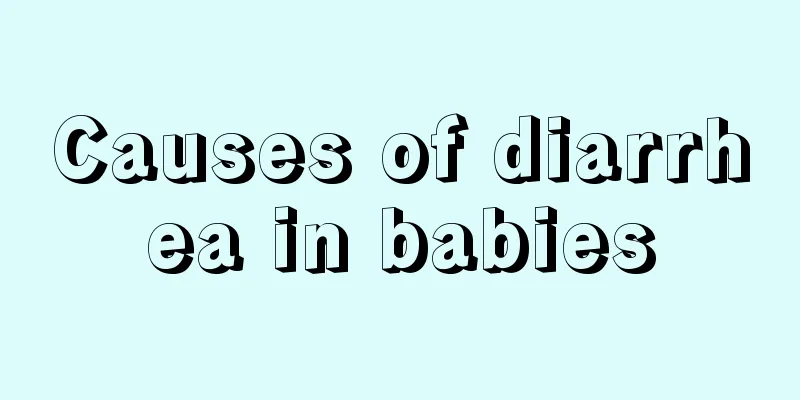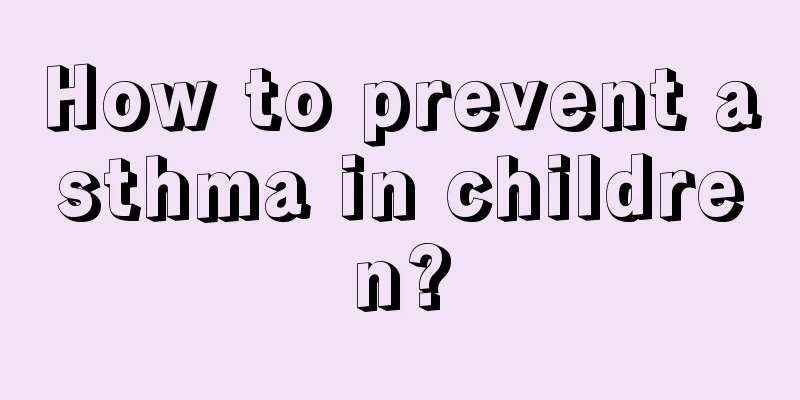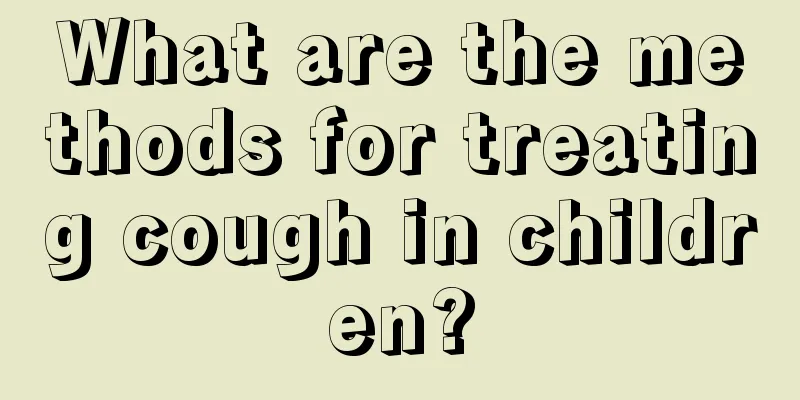Causes of diarrhea in babies

|
Baby diarrhea is a common disease, mainly caused by some intestinal infections in infants and young children leading to digestive dysfunction. It often occurs in infants under two years old. It is mainly caused by some imperfect digestive system diseases in infants. In life, it is mainly divided into mild, moderate and severe infections. In normal life, baby diarrhea is mainly accompanied by fever or some electrolyte disorders. The baby's diarrhea does not have obvious signs of dehydration, acidosis, and electrolyte imbalance. In life, you must pay attention to adjusting the diet and strengthening the baby's care. Controlling infection and inflammation and symptomatic treatment of discomfort are also very important. When reducing breastfeeding, you can use some other complementary foods instead. Infant diarrhea It is a digestive tract dysfunction syndrome caused by improper diet or internal or external intestinal infections, and mostly occurs in infants under 2 years old. When babies are fed breast milk, they will normally defecate one to two more times a day than when they are fed milk, and the stools will be yellow-green and mushy; while those fed milk will have yellow formed stools. Diarrhea refers to the increase in water content in the stool and the deterioration of the stool components. Generally speaking, during diarrhea, the frequency of bowel movements increases, the water content increases, the stool turns green, and the smell becomes sour and smelly. The main symptoms are: 1. Mild symptoms: five to eight bowel movements a day, possibly accompanied by a mild fever or vomiting. The stool is yellow-green, mucus-containing and egg-drop soup-like, accompanied by mild abdominal distension and hyperactive bowel sounds. 2. Moderate diarrhea: Ten bowel movements a day, loose watery stools, sour and smelly, and possible moderate fever. 3. Severe cases: frequent diarrhea, eight to fifteen bowel movements a day, watery and large in volume, with a sour odor, irritability, drowsiness, listlessness, and even coma and convulsions, bloody and mucous stools, sunken anterior fontanelle, dry skin and lips, etc. 4. Some patients may experience obvious dehydration, acidosis, and electrolyte imbalance, such as hypokalemia or hypomagnesemia. The above are the reasons for baby diarrhea. It is mainly caused by some imperfect digestive system diseases of the baby, which lead to such diseases. Life is mainly divided into mild, moderate and severe infections. In daily life, we must pay attention to good prevention and infection to enhance physical fitness, avoid adverse stimulation and promote breastfeeding. Therefore, I hope that parents will provide timely treatment for some baby diarrhea diseases. |
<<: What to do if your baby has a stuffy nose
Recommend
What should I do if my child always doesn't like to eat?
Children’s health and development are the issues ...
What to do if children have tooth decay
What should be done if children have tooth decay ...
Is it okay for young children to take a walk after dinner?
For adults, basically taking a walk after a meal ...
What should I do if my baby has chickenpox?
It is quite common for babies to get chickenpox. ...
Do you know how to treat hip synovitis in children?
Hip synovitis is rare in children, but once it oc...
What fruits are good for children with cold and cough
Our traditional Chinese medicine believes that co...
What to do if your child's skin is dry and itchy to make your baby more comfortable
The skin of many children will become very dry in...
Baby is sleepy after vaccination
Children will have some reactions to varying degr...
Children's urine turns red after eating dragon fruit
Some parents care very much about their children&...
How many days does a child's fever usually last?
The baby's health is the top priority for eve...
How to prevent strabismus in newborns
Nowadays, many children have poor eyesight. Some ...
What is going on if there are white particles in the child’s throat?
If white granular substances appear in the child&...
What is visual attention training?
A child's vision and attention are critical p...
What should I do if my child gets scalded and blistered?
It is very common for children to be scalded in l...
How to deal with a 3-year-old baby's low-grade fever
Low fever is very normal now. There are many fact...









